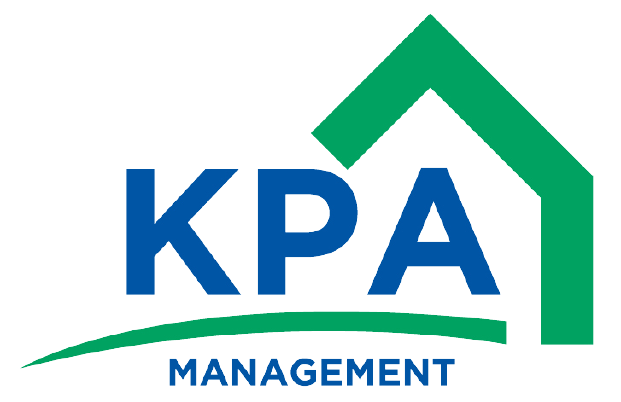Common Elements vs. Limited Common Elements…What’s the Difference?
Understanding the difference between common elements and limited common elements will help you better comprehend the rules and guidelines for your community. It is important for homeowners to understand what they are responsible for and what the community association is responsible for. Are you supposed to mow your lawn? Are you allowed to have a satellite dish? Can you put a flag pole on your front stoop? These questions are answered in the governing documents for your community.
Common elements are defined as all portions of the condominium other than the units. What does this mean? It means all the areas on property that are for the use of all homeowners is a common element such as the pool, the lawns and trees, and clubhouses. Who is responsible for the care of these common elements? In most cases, it is the association. These areas are defined in the governing documents along with set regulations in order to promote harmonious living for all residents.
Limited common elements can be a little more confusing and are defined as a portion of the common elements reserved for the exclusive use of one or more, but less than all, the units (i.e. patios, balconies, and front stoops which only serve one unit). Usually, but not always, it is the owner’s responsibility to keep these areas clean and free of clutter and snow. With large scale repairs to these areas it is often (but not always) the responsibility of the association to handle the repair or replacement.
As with all community associations there are a set of rules and regulations (the Declaration and Bylaws) that are created to provide a structure and guidance for a community to thrive under the same governance. It is very important to read through these guidelines and keep a copy on hand because every community is different and there is not one set of rules for all VA common interest communities.
The Telecommunications Act of 1996 was established to authorize community associations to impose rules that do not affect the installation, maintenance or use of a satellite dish or antenna, such as preferred placement. This federal law gives both the homeowner and the community an opportunity to protect their assets. It benefits the homeowner because it does not allow the association to restrict the use of a satellite dish, however, in order to preserve the community and the safety of its residents the association must set clear rules on size and placement as long as the unit can still receive optimal satellite feed.
Freedom to Display the American Flag Act of 2005 enforces your right to display the American flag while allowing the association’s rules and regulations to determine size, place, duration, and manner of placement as long as these requirements are reasonable. Similarly, according to the VA Code regarding solar energy collection devices, the statute does not allow community associations to prohibit owners from installing solar energy collection devices on their lots, unless the recorded Declaration expresses that prohibition. If the recorded Declaration does not express any such prohibition, the law allows the Board to establish rules that regulate placement, size, and location of the solar energy collection devices. All of the above laws exist to protect the rights of the citizens, while at the same time preserving the right of the association to protect and maintain their most precious asset, their home.
Blog Authors: Tara Alrutz and Andrea Galler



